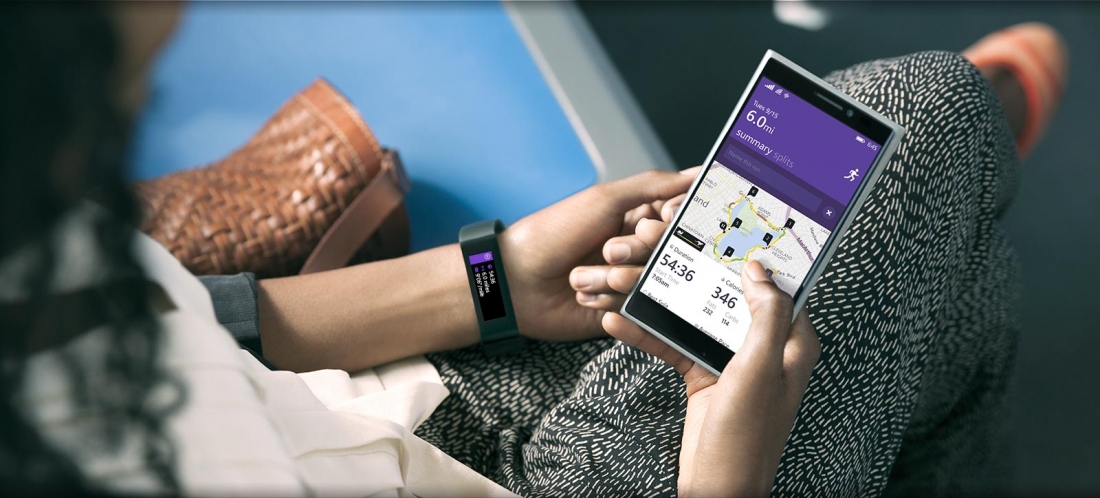Dieter Holger
Posts: 39 +1

Wearable tech may start staying on longer. As part of Microsoft's WearDrive project, researchers have found a way to increase the battery life of wearable technology, such as fitness trackers, using a RAM-based system that doesn't rely on a new battery.
The improved battery life is made possible by pairing the wearable with a smartphone via Wi-Fi or Bluetooth. The wearable's more energy intensive operations are subsequently processed on the smartphone, prolonging its battery life.
The WearDrive energy saving system was tested on an Android phone, with the researchers noting a "negligible" impact on the smartphone's battery life and an improvement of over three times in energy conservation for the wearable. The paired wearable also experienced more than eight times faster than normal application runtimes.
The WearDrive system conveniently deactivates when it's not in reach of a paired smartphone. So you're more than welcome to go on a workout without taking your phone.
Ranveer Chandra, a principal researcher at Microsoft Research, said many of the current wearable battery designs are based on the battery-saving tricks that were developed for smart phones. WearDrive takes a completely different approach by offloading operations to the smartphone.
Anirudh Badam, a Microsoft researcher, also points out that wearables -- unlike smartphones -- don't have the luxury of being equipped with heavy batteries and that's an inherent issue with wearable computing where the lightest possible device is ideal.
Microsoft's in-house wearable, the Microsoft Band, has already been praised for its advertised two-day battery life. However Band's developers have no immediate plans to incorporate WearDrive on this generation's device.